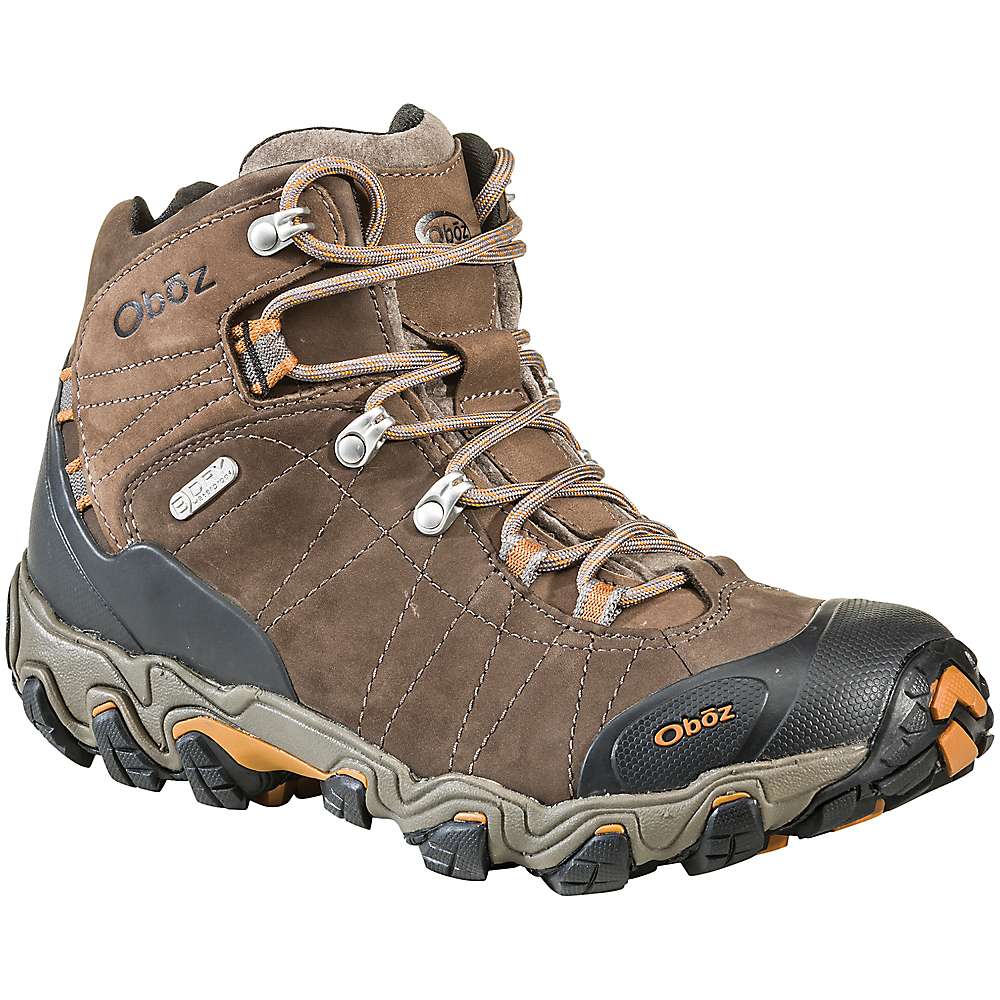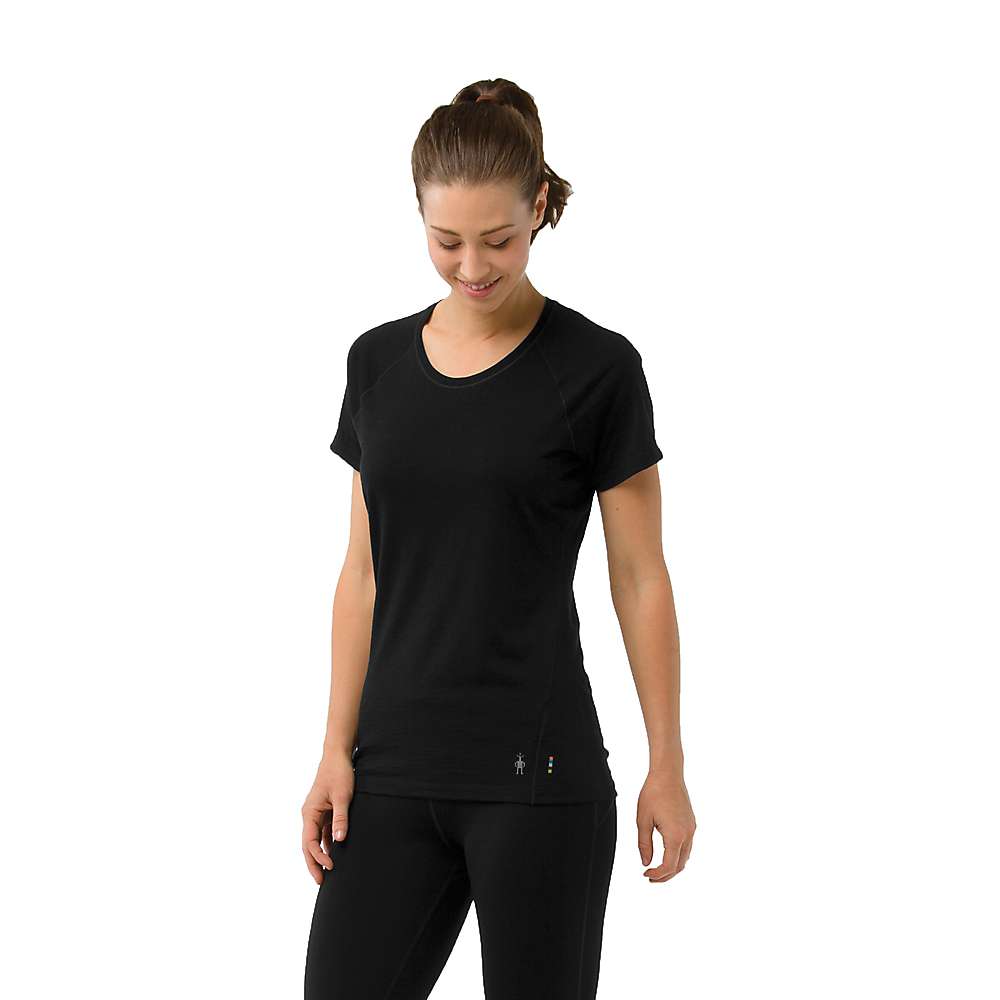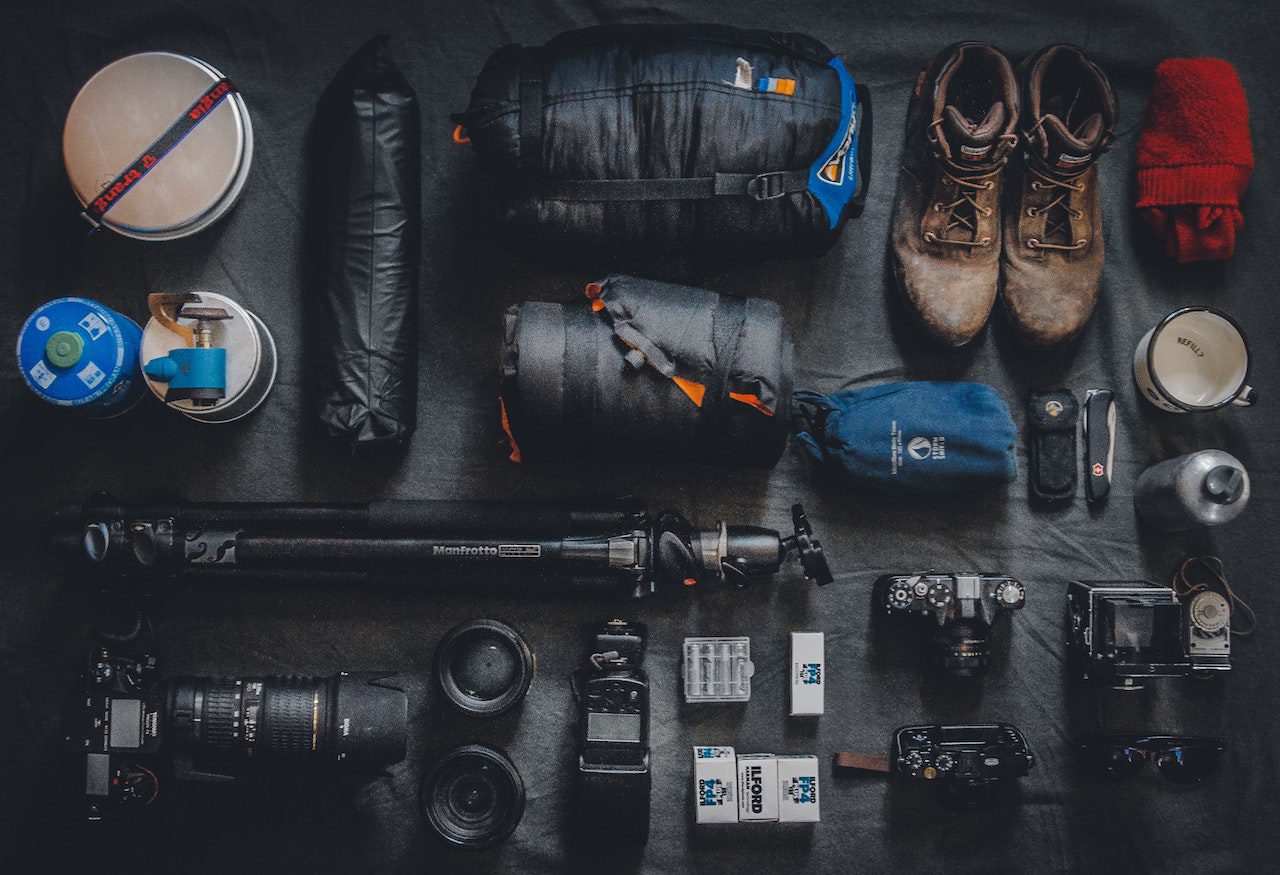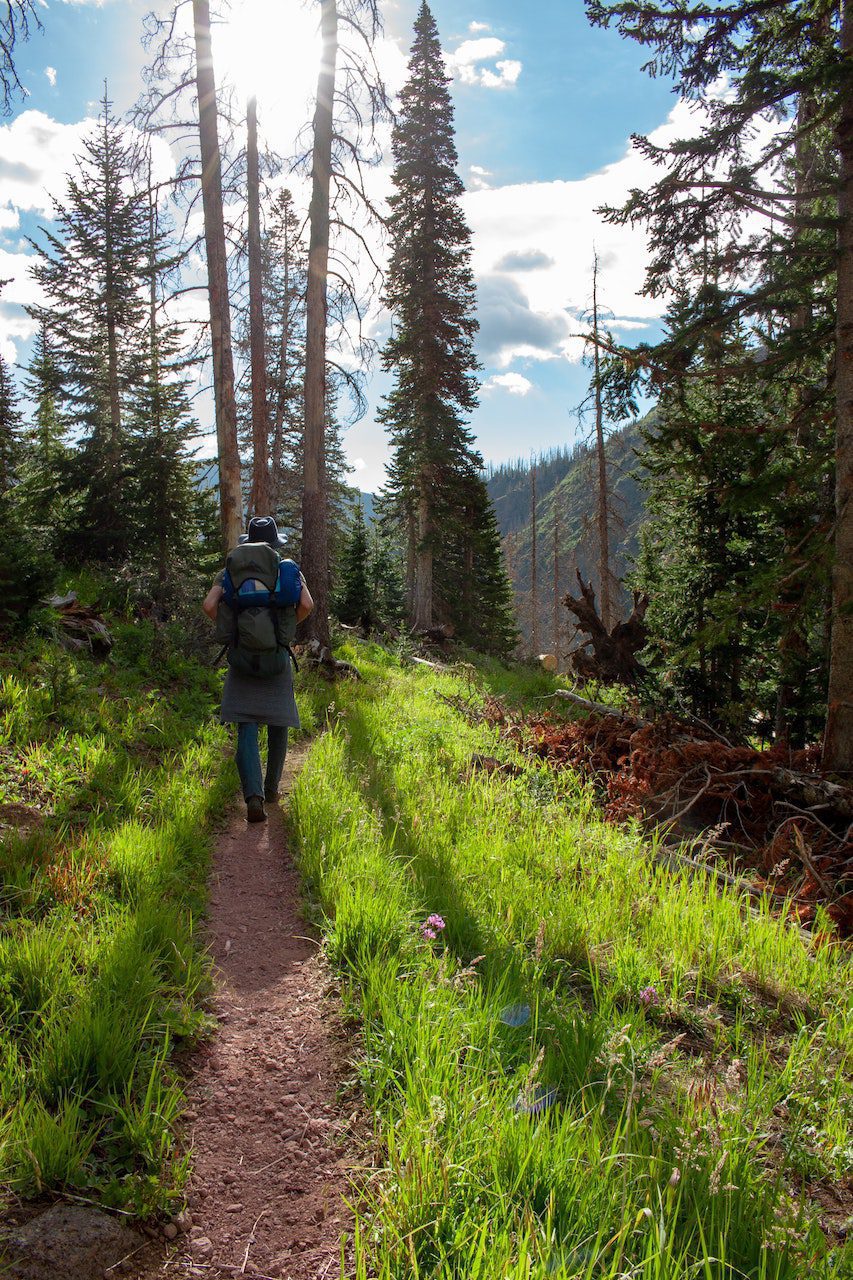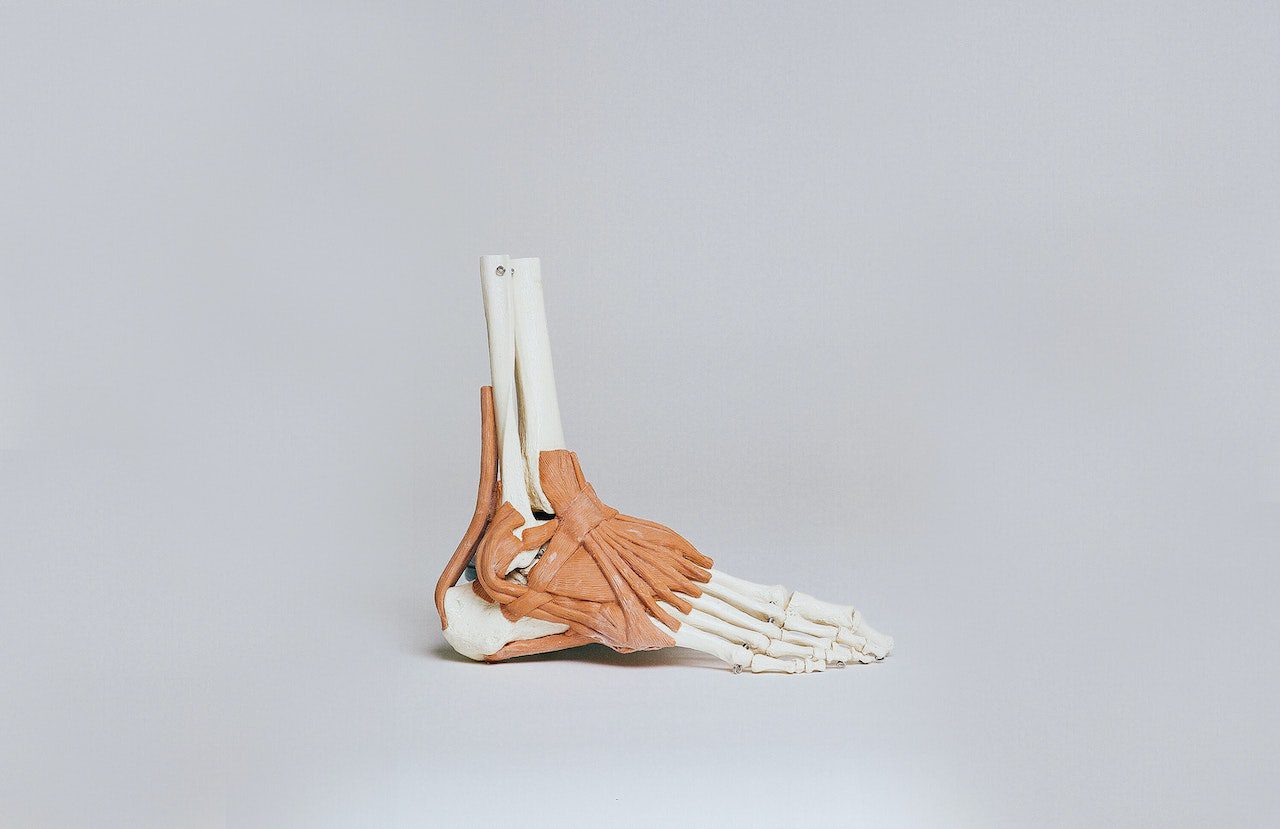
Ultimate Day Hike Gear Guide: 11 Things You Need On Your Next Hike.
Alright, so you picked the trail, researched the conditions, and are excited about your next day hike. But do you have all of the necessary day hiking gear?
If you are unsure don’t worry you aren’t alone, many people have this question and with so many different blogs and gear lists out there, it can be tough to decide what you REALLY need to have with you on your day hike. The below day hike gear guide will give you a rundown of all the essentials.
Disclosure: this post contains affiliate links if you make a purchase through them I will receive a commission. The price of the product will remain the same if whether purchased through an affiliate link or not.
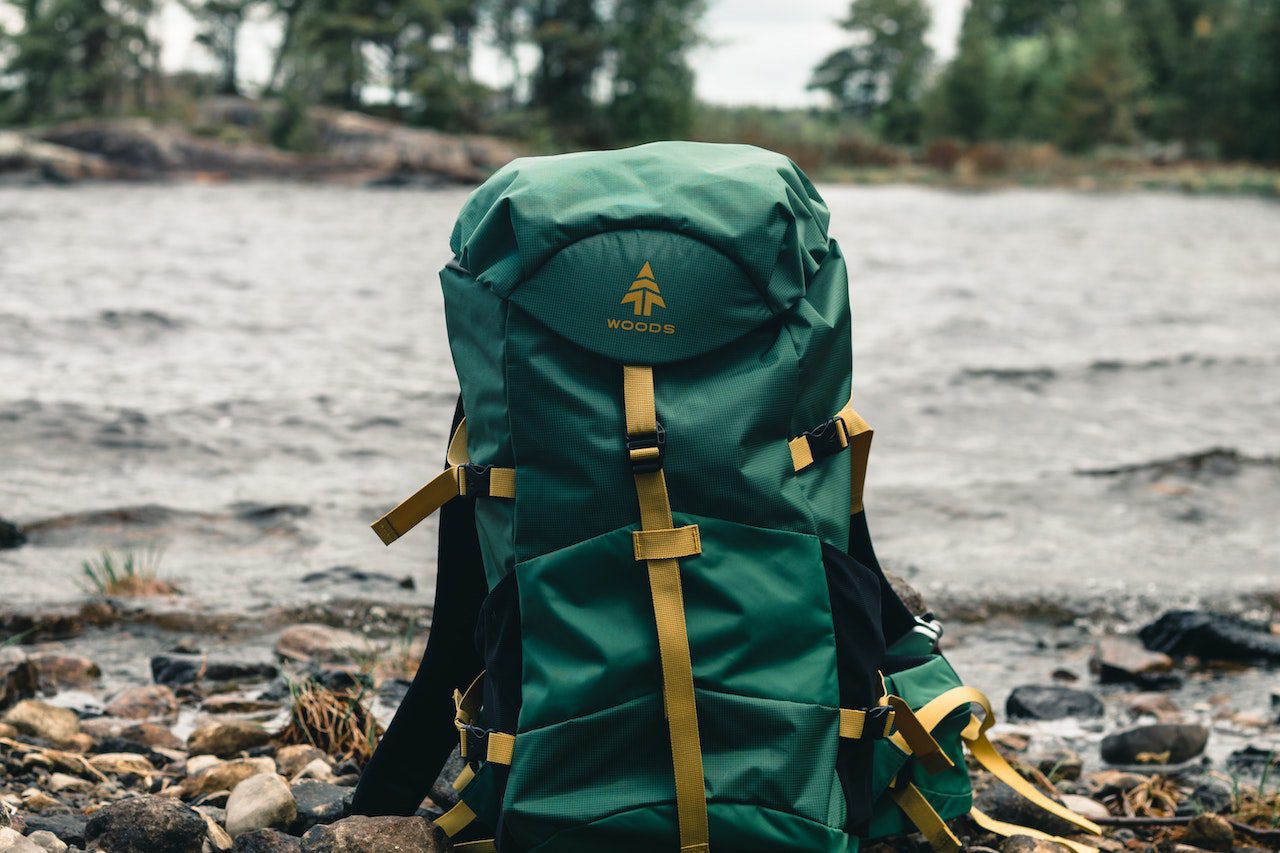
#1. Day Pack:
When going on a day hike, you do not need a big 60L backpacking pack with all of the bells and whistles like in our backpacking gear blog. All you need is a lightweight pack with enough space to store your water, snacks, and some of the other gear we will recommend in the rest of this article. The below is what I use and has served me well over the past several years.
With a sleeve for a water bladder, pockets in all the right places, chest and weight straps for added stability, and several compartments for gear storage, Osprey Hikeelite is an excellent option for a day pack.
#2. Footwear:
Whenever going hiking, you need to ensure you have the proper shoes/boots. Inadequate footwear can lead to ankle, knee, or back pain and can turn what is supposed to be a serene adventure into a miserable experience. While I have always been a fan of classic hiking boots, you can check out our article to see if any alternatives sound like a good option for you!
I love Oboz bridger hiking boots because they are not only comfortable but EXTREMELY durable, lasting me several years of heavy hiking. If I ever hike through these, you better believe I am getting another pair!
#3. Hiking Socks:
Hiking socks are essential for protecting your feet and keeping you comfortable when on the trail. Check out our hiking sock article to learn all of the benefits of hiking socks and why they are a must-have when hiking. I have always loved darn tough socks not only do they keep your toes toasty but they are extremely durable!
#4. Map and Compass:
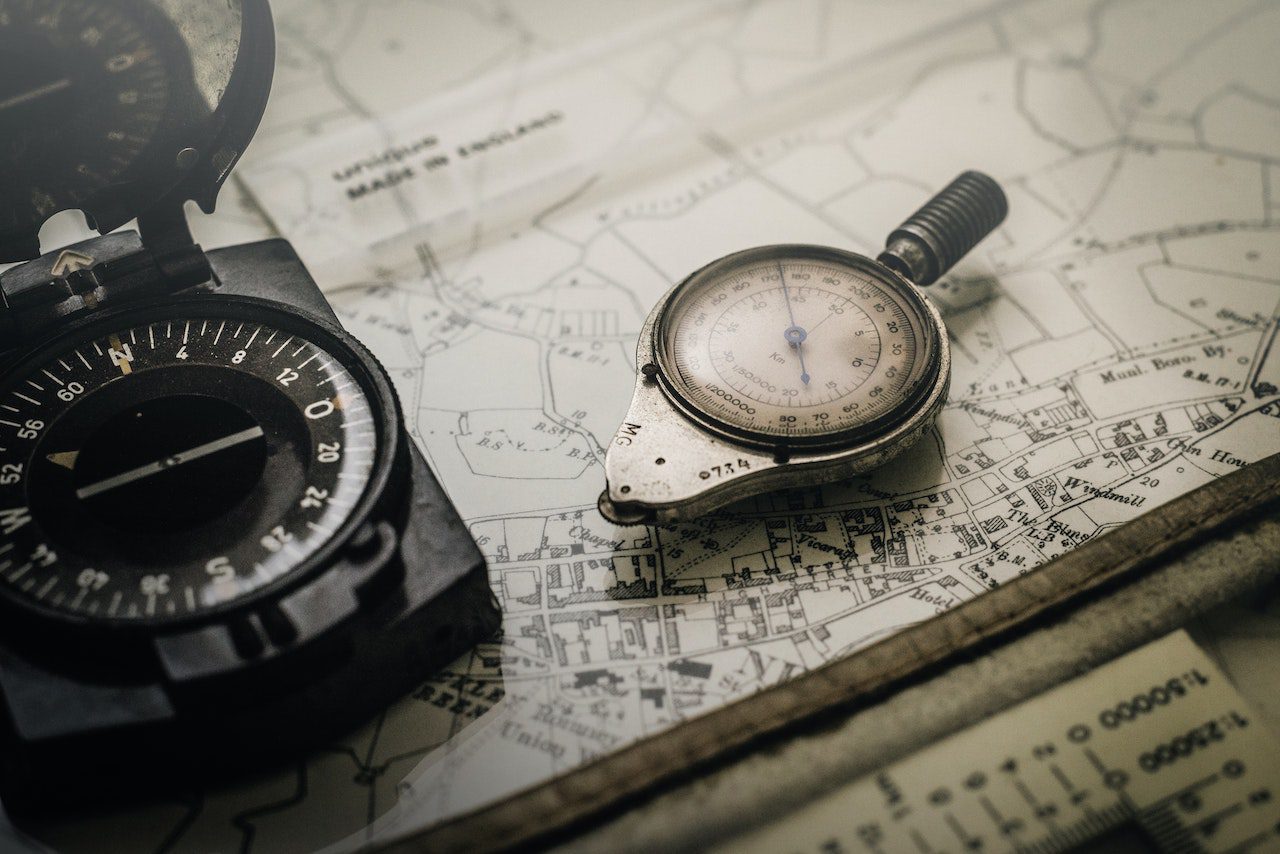
Whenever going for a foray into the wilderness, you must have proper navigation tools and know-how to use them. While there are many high-tech GPS options out there, the most reliable navigation tool is still the classic map and a compass and should be with you whenever you are out hiking.
#5. Water Storage/Treatment:
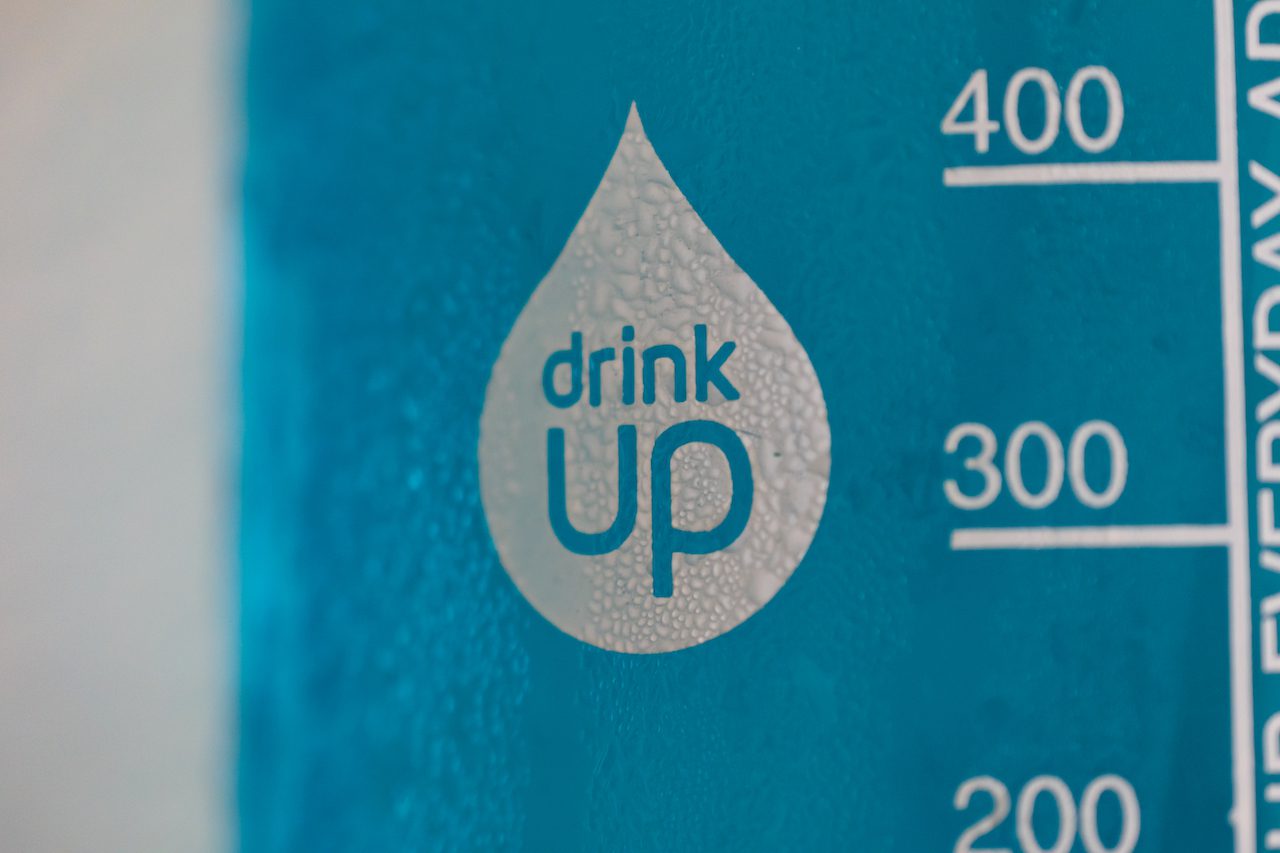
Whenever out on the trail, you need to make sure you stay hydrated. That means that you need to be able to carry around enough water with you during your hike.
On longer hikes or situations where you are running low on water, need the proper gear to filter water from a local river or stream. If you want to learn more about carrying and filtering water check out our article that goes over it all.
Water Storage:
I always shoot to carry a minimum of three liters of water on me whenever I am hiking. The breakdown is usually two liters in my water bladder and one in a Nalgene water bottle. Keep in mind that the amount of water you bring depends on many factors one of which being the type of environment you are hiking in.
Water Treatment:
Water treatment is essential, and although you may not need to resupply during a day hike, it is still an important piece of gear to carry with you in case of emergencies. I typically use one of the below methods to treat my water. Both are lightweight and easy to use.
#6. Snacks!

Hiking is a tough aerobic exercise that requires you to take in enough calories and nutrients to keep you going. I typically recommend salty snacks with a high calorie content such as granola bars or trail mix. I love bringing the below on my hikes:
#7. Clothing:
Having the correct hiking clothing is essential anytime you are hiking. You should have the proper clothing layers to prepare for temperature or weather changes. The below hiking clothes are made of good quality materials to help prevent chafing, blisters or discomfort when on the trail.
Baselayer:
Midlayer/Fleece:
Outerlayer/Rain Jacket:
Weather can be unpredictable when out on the trail so it is always important to properly prepare for rain no matter the forecast! The North Face Triclimate is an excellent rain jacket and will keep you dry on those rainy days.
Hiking Pants:
Hiking pants are very functional on the trail because they are durable, work at various temperatures, moisture wicking, and unlike shorts, protect your legs from thorns or branches that may scrape you up on the trail. I have only worn one pair of hiking pants over the past five years (gross, I know), but the below are fantastic and are still getting the job done.
#8. Sun Protection:
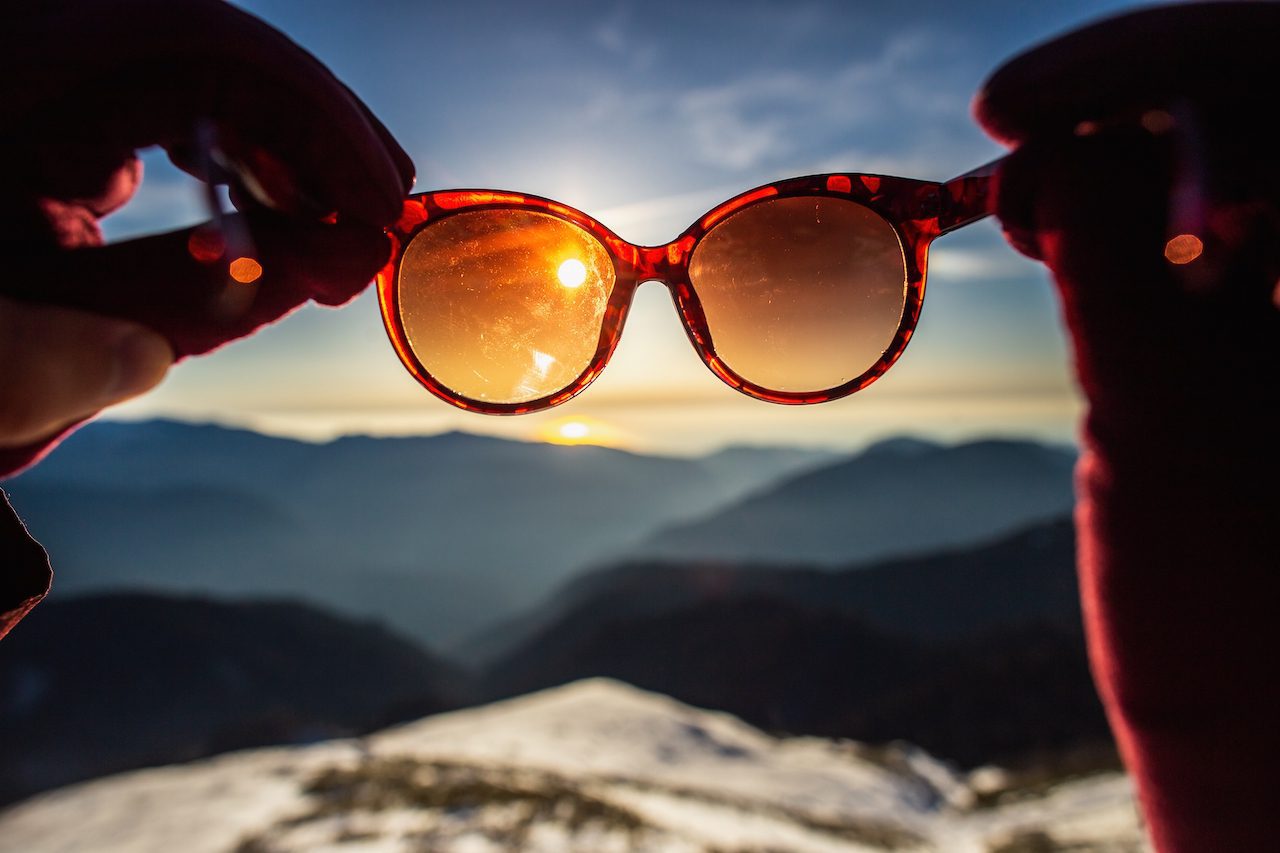
Sun protection is essential when out on the trail, especially in areas with a high UV index. At the bare minimum, you should have sunscreen at SPF 30, but I also recommend a hat and sunglasses.
#9. Headlamp:
If you are going on a sunrise or sunset hike I highly recommend bringing a headlamp for some hands-free illumination. This makes trail finding possible when hiking prior to dawn or after dusk.
#10. Trekking Poles:
Trekking poles give you added stability when walking and are great to use if you have bad knees or hiking a trail with steep elevation gain. These Foxelli Trekking Poles will get the job done and are very lightweight as well.
Foxelli Trekking Poles:
#11. First Aid Kit/Emergency Kit:
I know some of you may be thinking this is a bit of overkill, but anything can happen on the trail, and you should be prepared for the worst-case scenario. I recommend a basic first aid kit to handle minor scrapes and injuries. It would also be a good idea to add a utility knife, paracord, waterproof matches, and lightweight tarp to this kit if you need to camp out overnight in the wilderness.


